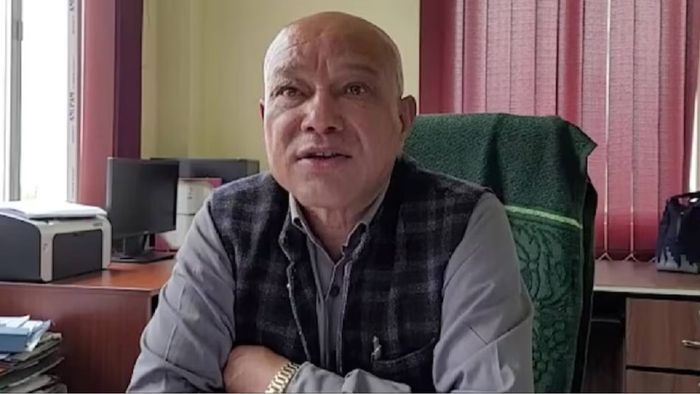Meghalaya: South Shillong committee proposes new job reservation quotas
A committee led by BJP's Sanbor Shullai has suggested a new job reservation policy for Meghalaya, focusing on equitable distribution among various communities and economically weaker sections. The proposal includes specific quotas based on the 2011 census and aims for a 10-year policy review cycle.

- Jul 16, 2024,
- Updated Jul 16, 2024, 8:08 AM IST
A committee headed by BJP legislator Sanbor Shullai has proposed a new job reservation policy for Meghalaya. The South Shillong Advisory Committee (SSAC) presented its suggestions to the state reservation policy committee on July 15.
The proposal recommends 30% job reservation each for Khasis and Garos, 27% for economically weaker sections (EWS), 6% for other scheduled tribes, scheduled castes, and OBCs, and 7% for the general category.
Key points of the proposal include reservations based on the 2011 census, which showed tribals comprise 86.15% of Meghalaya's population, 87% of the EWS quota reserved for Khasi, Jaintia, and Garo communities, the inclusion of genuine non-tribals in OBC category, district-level posts to be filled by local EWS candidates if other categories are unavailable, 50% of the combined 87% reservation for district-level posts allocated to local EWS candidates and policy review every 10 years.
The committee also proposed a 100-point roster system for implementation. This system allocates 30 seats each to Khasis-Jaintias and Garos, 27 seats to EWS, and the remaining seats to other categories.
Additionally, the proposal suggests a 10% reservation across all categories for differently-abled individuals and those excelling in sports, arts, and culture.
This new proposal aims to address the diverse demographic needs of Meghalaya while providing opportunities for economically disadvantaged sections of society.